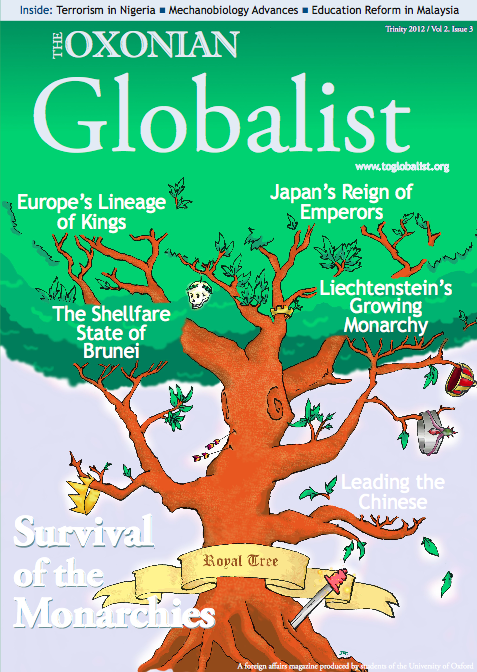Diego Garcia, an island in the Chagos Archipelago, is a footprint-shaped atoll in the Indian Ocean, a tropical paradise in a vast sea. Situated over 3000 kilometres from the east coast of Africa and over 2000 km from the southern tip of India, it is part of Britain’s Indian Ocean Territory. This is the point where its description as a pristine tropical paradise ends. In 1966, the British forcibly expelled the 2000 Chagossians who called the island home to enable the US to establish a military base on the island. Today, the island is more associated with cases of extraordinary rendition, US military action in the Middle East, and the war on terrorism than its natural beauty. As the Chagossians push for recognition that their forced exile was illegal, even that original crime has become another unpleasant association for Diego Garcia, the British government and the British people.
When Britain purchased the island from the newly independent Mauritius in 1956, they intended for it to serve as an American naval and military base. In the early 1960s, when the UK sought to withdraw its military presence from the Indian Ocean arena, they agreed to allow the US to establish a Naval Communication Station on one of its island territories there. The US hoped that choosing a sparsely populated island like Diego Garcia would help minimise political difficulties. The island was deemed suitable by both the US and the UK, but the continuing opposition by the displaced Chagossians suggests that it may not have been as ideal a choice as it appeared in the 1960s. On December 30th, 1966, the US and UK formalised an agreement that would allow the US to use the British Indian Ocean Territory for defence purposes for 50 years, up to 2016, with the optional extension of an additional twenty years which must be agreed upon by December 2014. With this deadline fast approaching, perhaps it is time to reassess whether or not this continued partnership, whereby the US makes extensive use of British sovereign territory in its global military activities, is really in Britain’s best interest.
The prospect of another war in the Middle East might not be at the top of the coalition government’s agenda, burdened as it is with pressing domestic issues such as economic decline and the euro crisis. Yet the future of the British territory in the Indian Ocean ought not to be forgotten. The Americans have used Diego Garcia as a base for bombing Iraq and Afghanistan, and it is likely that future American operations would also make use of this British holding. While the exact terms of the UK lease of Diego Garcia to the US have never been fully revealed, we can assume that Britain has forfeited the right to object to any US action on Diego Garcia, up to and including joining Israel in bombing Iran’s nuclear programme.
The use of the Island by the US in the event of a calamity such as war between Israel and Iran is highly likely, as is its use in any regional dispute both in the Middle East and across the Pacific. What is not clear is Britain’s position in all this. In theory, Diego Garcia is sovereign British territory, but the reality is that if Britain did not support the US in its foreign venture, it would not be able to demand that the US not use British territory to act.
US-UK interventions in the Middle East, Iraq and Afghanistan have been unpopular and become open-ended sores. The British military has been tainted through association with, as well as direct accusation of, torture and complicity in Extraordinary rendition. These consequences of the Anglo-American relationship have not strengthened Britain’s domestic security or furthered British interests, apart from establishing the UK as a staunch ally of the US. Ultimately, whether or not the UK chooses to reassess the position of the British Indian Ocean Territory, it is unlikely that anything will change in its partnership with the US in the immediate future. However, it is interesting to consider some ‘what if’ scenarios. What if the UK wanted to stop the US from using Diego Garcia to bomb Iran? What if Britain decided not to extend the lease in 2014? We have to question the balance of power between the US and the UK and how much that relationship hinges on what is in Anglo-American as opposed to exclusively British interests.




